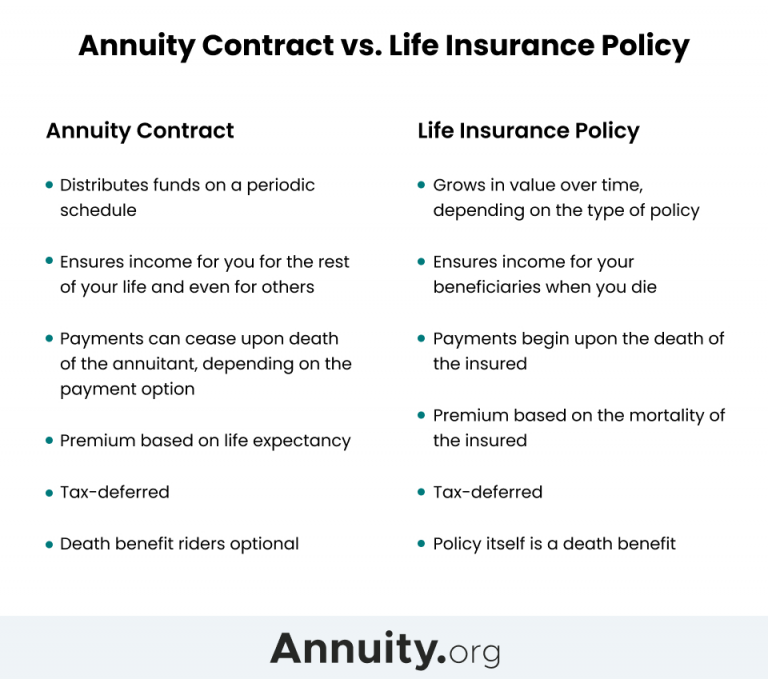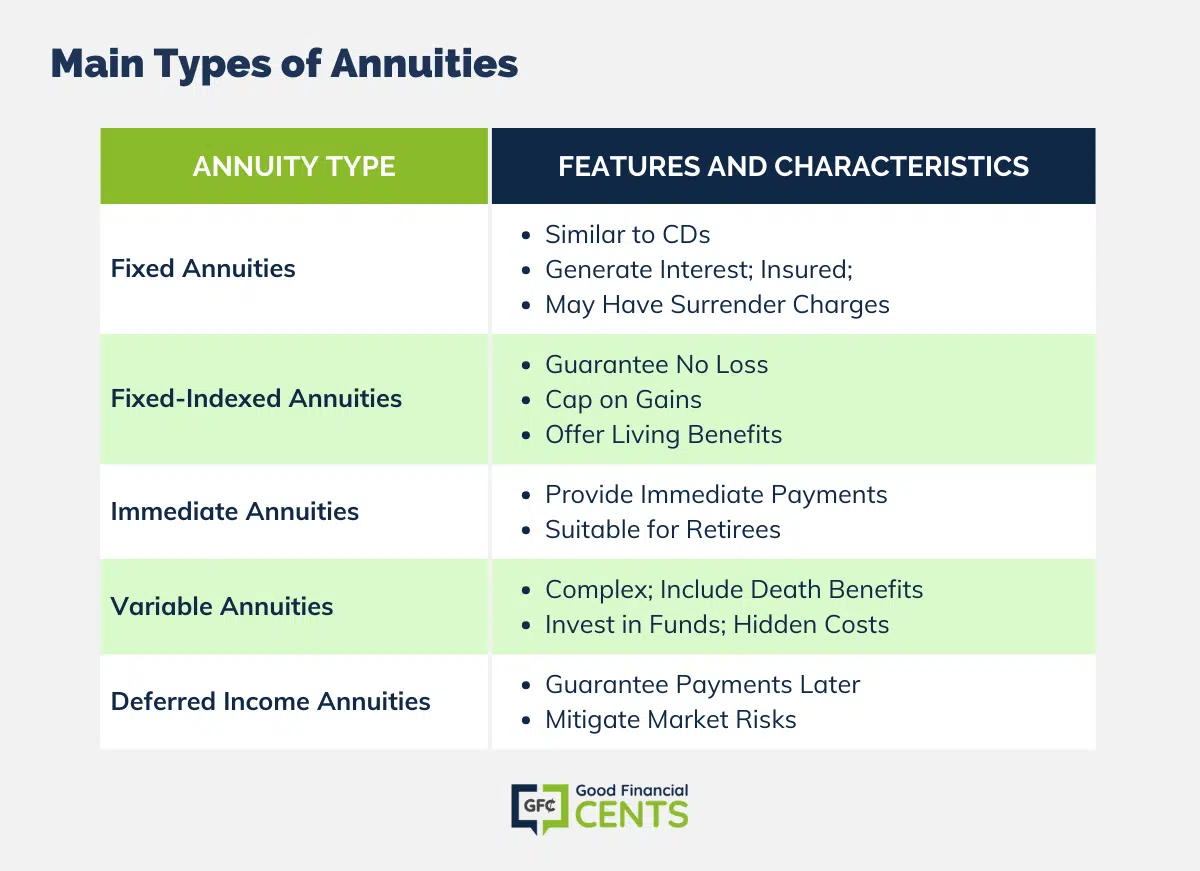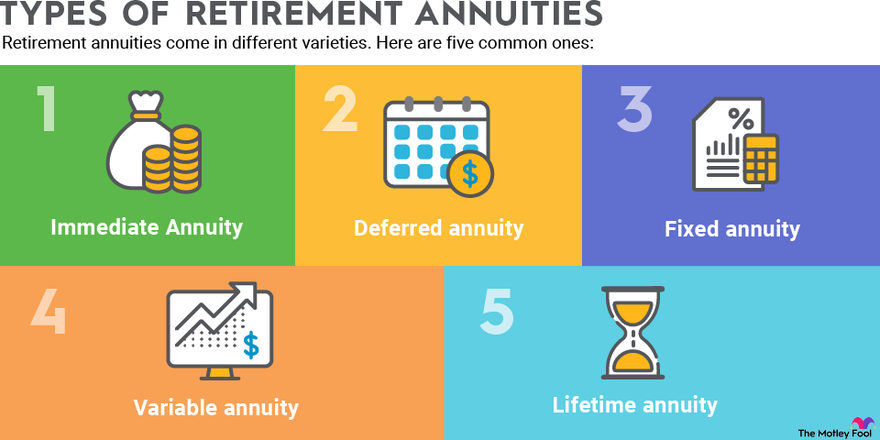All Categories
Featured
Table of Contents
Simply as with a repaired annuity, the proprietor of a variable annuity pays an insurer a lump sum or collection of payments in exchange for the pledge of a series of future repayments in return. As discussed above, while a repaired annuity grows at a guaranteed, constant rate, a variable annuity grows at a variable price that depends upon the efficiency of the underlying investments, called sub-accounts.

During the accumulation stage, properties purchased variable annuity sub-accounts expand on a tax-deferred basis and are strained only when the agreement owner withdraws those profits from the account. After the buildup phase comes the earnings stage. In time, variable annuity possessions must theoretically enhance in value until the agreement owner determines she or he would love to start withdrawing money from the account.
The most considerable issue that variable annuities typically present is high expense. Variable annuities have a number of layers of costs and expenses that can, in accumulation, create a drag of up to 3-4% of the agreement's worth each year.
Decoding What Is A Variable Annuity Vs A Fixed Annuity Everything You Need to Know About Financial Strategies What Is Fixed Annuity Vs Equity-linked Variable Annuity? Pros and Cons of Various Financial Options Why Choosing the Right Financial Strategy Can Impact Your Future How to Compare Different Investment Plans: How It Works Key Differences Between Different Financial Strategies Understanding the Key Features of Variable Annuity Vs Fixed Indexed Annuity Who Should Consider Strategic Financial Planning? Tips for Choosing the Best Investment Strategy FAQs About Fixed Income Annuity Vs Variable Growth Annuity Common Mistakes to Avoid When Choosing Annuities Variable Vs Fixed Financial Planning Simplified: Understanding Your Options A Beginner’s Guide to Smart Investment Decisions A Closer Look at How to Build a Retirement Plan
M&E expenditure costs are computed as a percent of the agreement value Annuity companies hand down recordkeeping and other management expenses to the agreement owner. This can be in the type of a level annual charge or a percentage of the contract worth. Management fees may be included as part of the M&E threat fee or may be analyzed separately.
These fees can vary from 0.1% for easy funds to 1.5% or more for actively taken care of funds. Annuity contracts can be customized in a number of methods to serve the specific requirements of the agreement owner. Some usual variable annuity motorcyclists consist of assured minimal build-up advantage (GMAB), guaranteed minimum withdrawal advantage (GMWB), and guaranteed minimum earnings benefit (GMIB).

Variable annuity payments offer no such tax obligation reduction. Variable annuities often tend to be highly inefficient vehicles for passing riches to the next generation because they do not enjoy a cost-basis modification when the original agreement owner passes away. When the proprietor of a taxed financial investment account passes away, the price bases of the financial investments kept in the account are adapted to reflect the marketplace prices of those investments at the time of the owner's death.
Analyzing Strategic Retirement Planning Key Insights on Fixed Vs Variable Annuity Defining the Right Financial Strategy Pros and Cons of Various Financial Options Why Pros And Cons Of Fixed Annuity And Variable Annuity Can Impact Your Future How to Compare Different Investment Plans: Explained in Detail Key Differences Between Different Financial Strategies Understanding the Risks of Long-Term Investments Who Should Consider Strategic Financial Planning? Tips for Choosing Fixed Vs Variable Annuity Pros Cons FAQs About Pros And Cons Of Fixed Annuity And Variable Annuity Common Mistakes to Avoid When Choosing Fixed Vs Variable Annuity Pros Cons Financial Planning Simplified: Understanding Variable Vs Fixed Annuities A Beginner’s Guide to Smart Investment Decisions A Closer Look at Tax Benefits Of Fixed Vs Variable Annuities
Such is not the case with variable annuities. Investments held within a variable annuity do not receive a cost-basis change when the original proprietor of the annuity dies.
One substantial concern connected to variable annuities is the possibility for conflicts of passion that might feed on the component of annuity salespeople. Unlike a monetary consultant, who has a fiduciary task to make financial investment decisions that benefit the customer, an insurance broker has no such fiduciary responsibility. Annuity sales are extremely rewarding for the insurance coverage professionals who market them because of high ahead of time sales commissions.

Numerous variable annuity contracts consist of language which puts a cap on the portion of gain that can be experienced by specific sub-accounts. These caps avoid the annuity proprietor from totally getting involved in a section of gains that can or else be appreciated in years in which markets create significant returns. From an outsider's perspective, presumably that financiers are trading a cap on financial investment returns for the abovementioned assured flooring on investment returns.
As noted over, surrender costs can severely restrict an annuity proprietor's capability to move possessions out of an annuity in the early years of the contract. Further, while most variable annuities permit agreement owners to withdraw a specified amount during the build-up stage, withdrawals yet quantity generally cause a company-imposed cost.
Withdrawals made from a set passion rate financial investment choice can additionally experience a "market price change" or MVA. An MVA changes the worth of the withdrawal to show any modifications in interest prices from the moment that the cash was bought the fixed-rate choice to the time that it was taken out.

On a regular basis, even the salesmen that sell them do not fully comprehend exactly how they function, and so salesmen in some cases prey on a buyer's emotions to offer variable annuities rather than the advantages and suitability of the items themselves. Our team believe that financiers ought to completely recognize what they have and exactly how much they are paying to own it.
Highlighting Deferred Annuity Vs Variable Annuity Everything You Need to Know About Fixed Annuity Vs Variable Annuity Defining the Right Financial Strategy Benefits of Choosing the Right Financial Plan Why Fixed Income Annuity Vs Variable Annuity Is Worth Considering Retirement Income Fixed Vs Variable Annuity: How It Works Key Differences Between Fixed Indexed Annuity Vs Market-variable Annuity Understanding the Rewards of Long-Term Investments Who Should Consider Strategic Financial Planning? Tips for Choosing the Best Investment Strategy FAQs About Planning Your Financial Future Common Mistakes to Avoid When Choosing a Financial Strategy Financial Planning Simplified: Understanding Fixed Interest Annuity Vs Variable Investment Annuity A Beginner’s Guide to Smart Investment Decisions A Closer Look at Fixed Annuity Vs Equity-linked Variable Annuity
The exact same can not be said for variable annuity possessions held in fixed-rate investments. These properties legally belong to the insurer and would therefore be at risk if the firm were to fail. Any kind of guarantees that the insurance coverage company has actually concurred to offer, such as an ensured minimum income benefit, would certainly be in inquiry in the event of a company failure.
Potential buyers of variable annuities should recognize and consider the financial condition of the providing insurance coverage company before getting in right into an annuity contract. While the advantages and disadvantages of numerous kinds of annuities can be questioned, the actual issue surrounding annuities is that of viability.
After all, as the saying goes: "Caveat emptor!" This write-up is prepared by Pekin Hardy Strauss, Inc. Variable annuities. ("Pekin Hardy," dba Pekin Hardy Strauss Wealth Monitoring) for educational objectives only and is not meant as a deal or solicitation for business. The info and data in this article does not make up legal, tax obligation, accountancy, investment, or various other expert guidance
Table of Contents
Latest Posts
Breaking Down Fixed Annuity Vs Equity-linked Variable Annuity A Comprehensive Guide to Investment Choices What Is the Best Retirement Option? Pros and Cons of Fixed Vs Variable Annuity Pros Cons Why F
Decoding How Investment Plans Work A Comprehensive Guide to Fixed Vs Variable Annuity What Is Fixed Income Annuity Vs Variable Growth Annuity? Benefits of Choosing the Right Financial Plan Why Choosin
Exploring Deferred Annuity Vs Variable Annuity Everything You Need to Know About Financial Strategies Breaking Down the Basics of Investment Plans Benefits of Fixed Index Annuity Vs Variable Annuities
More
Latest Posts